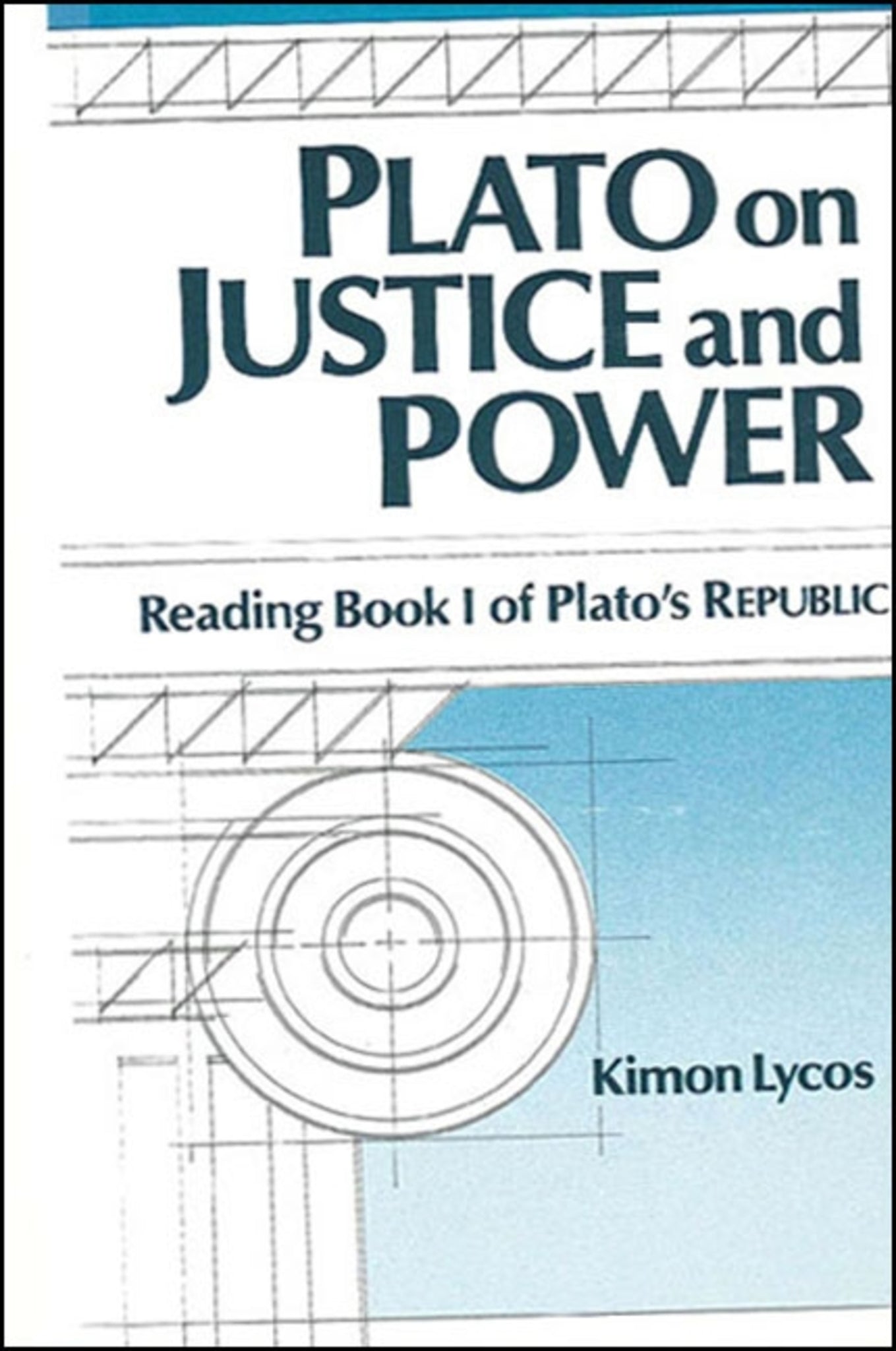We're sorry. An error has occurred
Please cancel or retry.
Plato on Justice and Power

Some error occured while loading the Quick View. Please close the Quick View and try reloading the page.
Couldn't load pickup availability
- Format:
-
01 August 1987

Most commentaries on the Republic rush through Book I with embarrassment because the arguments of the participants, including Socrates, are specious. Beginning with Book II, the arguments are brilliant, so why did Plato write Book I? Lycos shows that the function of Book I is to attack the view that justice is external to the soul-external to the power humans have to render things good-and is merely instrumental to a good society. The dramatic situation in Book I presents justice as internal, requiring not laws, but discrimination and virtue.
After this introduction, the rest of the Republic serves to sketch out what virtue is and how to practice discrimination. Plato on Justice and Power ends with some illuminating contrasts between this sense of virtue and that characteristic of our modern liberal politics which takes an external view of justice similar to the Athenians view at the time of Plato.


"Plato as represented here is a decisive alternative to Rawls. The book is helpful both for political theory and for Plato interpretation." — Robert Cummings Neville
Preface
1. Introduction: 'Turning the Soul Around'
PART ONE: DRAMATIC CHARACTERISATION
2. Old Recipes about Justice
3. Thrasymachus on Justice and Power
4. The Function of 'Thrasymachus' in Plato's Text
PART TWO: THE ARGUMENT
5. Defining Justice
6. Limits on the Just
7. Power, Skill and Ruling
8. Excellence and the Motivational Structure of the Just
9. Socrates Sketches the 'Power' of Justice
10. Conclusion: the Socratic Vision
Notes and References
Bibliography
Index



